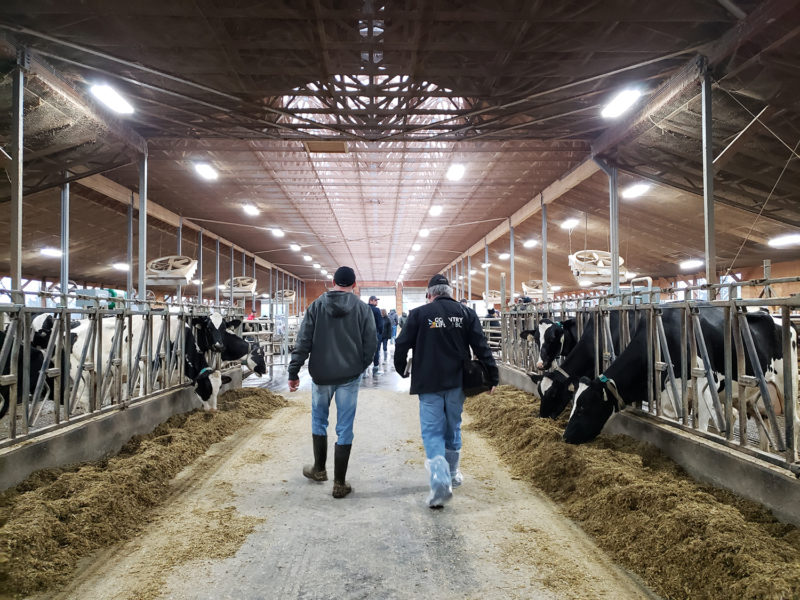As a farmer, you know the goodness in every meal made from the food you raise in field, frame, forest or sea. As a food processor, you link that product to the next level and together as farmer and food processor, you bring the best of BC to the table. The question is: what do consumers feel are the best in foods and how does the story of the food from the farm carry through to the plate?
A recently released NielsenIQ study revealed the top five brain foods as named by Canadian consumers. These brain foods were also recognized for their power in reducing anxiety, depression and helping with sleep – properties for the body and the mind. This new way of looking at food is an opportunity for the agricultural and agri-food community.
The concept of food for the body and the mind is exploding and the message to food processors is simply that no brand can afford to ignore this trend. Rather than simply name the source, food processing must also think about portraying the story behind who is at the origin and the why behind their processing of the product.
The five foods – tuna, blueberries, shrimp, raspberries and fresh beef – are all products harvested in BC. If these foods are perceived to keep the mind sharp, reduce anxiety and depression and help one get a good night’s sleep, then it is imperative to tell the story why this food is important to you as the farmer, fisher or food processor.
Take beef for example. Consumers have not given up on eating beef, they’re just taking into account different factors for protein beyond nutrition and taste. Decision factors such as their brain health and well-being in harmony with animal welfare, animal diet and environmental impact. All now fall under the label of ‘sustainability.’ Buyers of beef and other proteins now have a single word that summarizes the whole story.
What is the story? If the first exposure and initial influence to a food is an image on Instagram (even in farm direct sales) and the rest of the story is based on digital or social media coverage, then what do farmers, fishermen and food processors need to say to keep the product growing and the consumer hooked?
Research has shown blueberries, raspberries, beef and fatty fish enhance brain activity. But ocean protein and beef have other challenges in terms of consumer perception in regards to overfishing, production practices and the perceived impact of cattle on the environment. The story of any food goes far beyond the farm gate to include such things as processing and packaging.
Cher Mereweather of Provision Coalition reminded audiences at the recent SIAL Canada Connect event that the story must be both authentic and verifiable, adding that you must measure it “so people can stand with you.” Wherever there is an intersection of values, there is a “stand with you” point. Going back to our example of beef, it holds onto its place by aligning with values outside of the nutritional contribution.
As a producer, it is important to say why you do what you do and why you care. If there is value being added to the food through processing, then that message has to transfer to your branding and packaging. And there must be a digital presence. Trust is built on similar values, one data point at a time.
This transparency applies to the farm as well. If berries are made into syrup, then the story behind the berries should carry through to the label.
The transparency in this new way of thinking in food production, processing and branding builds strong linkages. For BC, this represents abundant opportunity as the province is home to over 200 food commodities and 100 foods from the sea. We also house over a third of Canada’s food processors. Like farms, many are family-owned. Together, agriculture and agri-food processing are a major economic driver in this province.
No farm or brand can afford not to care about the personal values of consumers, even if their product is as popular as the brain foods are. These values are often shared between buyer and seller but the story is often missing, either at the farm or on the label. Figuring out what those shared values are is important for the success of all the beautiful foods from the land, barns, greenhouses, urban boxes and seas of BC.
Authentic, verifiable, values-based story telling connects us all.
Brenda Schoepp lives on Vancouver Island where she brings agriculture and food leadership to life through stories and conversation. She can be contacted through her website at [www.brendaschoepp.com].


 Pilot program bridges the extension gap for Gulf Island farmers
Pilot program bridges the extension gap for Gulf Island farmers